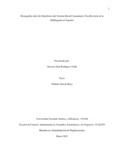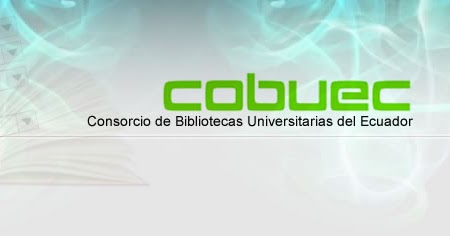Mostrar el registro sencillo del ítem
Monografía sobre los Beneficios del Turismo Rural Comunitario: Una Revisión de la Bibliografía en Español
| dc.contributor.advisor | García Hoya, Obdulio | |
| dc.coverage.spatial | cead_-_bucaramanga | |
| dc.creator | Rodríguez Uribe, Gersson Nain | |
| dc.date.accessioned | 2022-03-29T13:31:02Z | |
| dc.date.available | 2022-03-29T13:31:02Z | |
| dc.date.created | 2021-11-29 | |
| dc.identifier.uri | https://repository.unad.edu.co/handle/10596/47999 | |
| dc.description.abstract | Se entiende por turismo a las actividades que realizan las personas cuando emprenden un viaje a lugares distintos de su entorno acostumbrado con el propósito de vivir nuevas experiencias. El turismo se ha convertido en una actividad estratégica para generar ingresos en muchos países, especialmente en la zona andina, en los que se considera como una vía para el desarrollo. Desde finales del siglo XX, ha empezado a resonar el turismo que se lleva a cabo en zonas rurales, en el cual se distingue el contacto con la naturaleza y con sus gentes. Sin embargo, es la modalidad de Turismo Rural Comunitario la que recientemente se ha encargado de devolver a los territorios rurales el valor de su cultura y sus bienes naturales, se trata de una forma de organización empresarial autogestionada por las comunidades integrando este tipo de actividad de forma complementaria a las tradicionales llevadas a cabo en esas zonas, como la industria agropecuaria y otras. Esta monografía se interesó por realizar una búsqueda bibliográfica y analizar las publicaciones científicas realizadas al respecto, pero que, además de evidenciar el crecimiento económico, resaltan los beneficios sociales y ambientales que trae esta actividad turística a las comunidades. | |
| dc.format | ||
| dc.title | Monografía sobre los Beneficios del Turismo Rural Comunitario: Una Revisión de la Bibliografía en Español | |
| dc.type | Monografia | |
| dc.subject.keywords | Turismo Rural Comunitario; Revisión Documental; Turismo Sostenible. | |
| dc.description.abstractenglish | Tourism is understood as the activities that people undertake when they travel to places different from their usual environment for the purpose of living new experiences. Tourism has become a strategic activity for generating income in many countries, especially in the Andean region, where it is considered a means for development. Since the end of the twentieth century, tourism in rural areas, where contact with nature and its people is distinguished, has begun to resonate. However, it is the modality of Rural Community Tourism that has recently been responsible for returning to rural territories the value of their culture and natural assets. It is a form of business organization self-managed by the communities, integrating this type of activity in a complementary way to the traditional activities carried out in these areas, such as the agricultural and livestock industry and others. This monograph was interested in carrying out a bibliographic search and analyzing the scientific publications on the subject, which, in addition to showing the economic growth, highlight the social and environmental benefits that this tourist activity brings to the communities. | |
| dc.subject.category | Desarrollo Sostenible y Competitividad | |
| dc.subject.category | Emprendimiento Social y Solidario |















